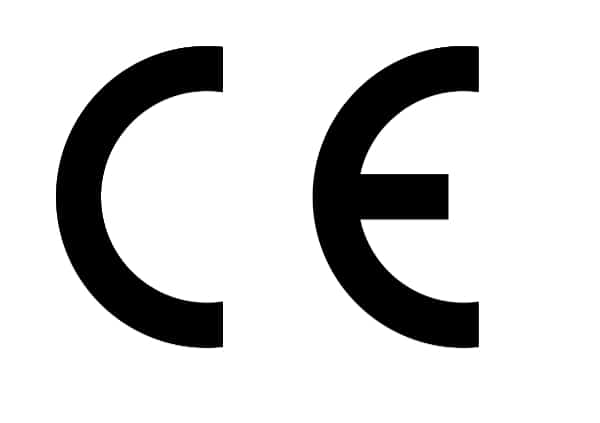Top 5 Advantages of Lithium-Ion Solar Battery
Are you planning to live off-grid? Or perhaps you’re looking to reduce your energy bills? Or maybe you are looking for an alternative power source while you’re traveling in your RV? No matter your situation, solar power can be the answer you are looking for. As you invest in high-quality solar panels, you should also consider getting the right battery for them. A lithium-ion solar battery is a good choice because it provides the following advantages:
- Eco-friendly
Lithium batteries are the ultimate partner for a solar panel system because they generate clean energy. You don’t have to worry about toxic fumes, gasses, and pollution while they supply you with reliable and safe power.
- Maintenance-free
Watering and corrosion are the least of your worries with a lithium-ion solar battery. The low self-discharge won’t cause the batteries to lose capacity when not in use. This way, you are assured of energy whenever it is needed.
- Highly efficient
Sometimes, batteries are unable to reach a full charge but they still operate in a partial state of charge (PSOC), which is known to make lead-acid batteries deteriorate. Rest assured, the phenomenon doesn’t affect the battery life and performance of lithium-ion batteries, particularly LiFePO4 (lithium iron phosphate). The low resistance of lithium batteries enables fast charging, too, and with higher efficiency, losses are minimized while charging. That’s a significant advantage to conventional lead-acid batteries, which are at 75 to 80 percent efficient, so loss occurs while recharging.
- Longer lifespan
A high-quality lithium-ion solar battery can provide up to 10 times longer life compared to lead-acid. Even after 2,000 cycles, it should still have 80 percent of its rated capacity. So, you don’t have to worry about frequent replacements.
- Great for extreme environments
No matter where you set up your solar panels, you can expect the lithium-ion solar battery to keep up. High-quality LiFePO4 batteries come with shock and vibration resistance and a battery management system to prevent short-circuiting, overcharging, and thermal shock.







